Hybrid workshop under the aegis of the Inclusive Classics Initiative and hosted by the Institute of Classical Studies. Supported by the Institute of Classical Studies, the Council of University Classics Departments EDI Committee, the University of St Andrews and the University of Reading.
Registration for ONLINE AND HYBRID ELEMENTS (please see programme below for details)
Registration for IN-PERSON ELEMENTS
Organised by Alexia Petsalis-Diomidis (University of St Andrews) and Tulsi Parikh (British School at Athens)
Day 1: Wednesday 28th June
(online)
13:30 Welcome (Tulsi Parikh and Alexia Petsalis-Diomidis)
Session 1: Catch-up with projects from past ICI conferences, chaired by Alexia Petsalis-Diomidis (University of St Andrews)
13:40 Peter Kruschwitz (University of Vienna) MAPPOLA Project
13:55 Amy Coker (University of Bristol) GCSE Latin Unseens and Inclusivity
Session 2: Panel on decolonising the museum, chaired by Anastasia Christophilopoulou (Fitzwilliam Museum)
14:10 Sujatha Chandrasekaran (Independent Researcher, Berlin): The archaeological collections of Berlin’s Museum Island – how do we decolonize Imperialism?
14:20 Natasha Rao (University College London): “Do you even know what a museum is?”: legal and practical barriers to decolonising the museum
14:30 Ashton Rodgers (University of Michigan): Refusing a colonial gaze in the Michigan “Mummy Museum”: exploring the context of the Bay View Donation to the Kelsey Museum of Archeology
14:40 Haleh Afshar (Multaka): Multaka: Meetingpoint Museum – diverse narratives and shifting perspectives
14:50–15:20 Group discussion
15:20–15:40 Break
Session 3: Panel on inclusivity within archaeology
Part 1: Antiracism, chaired by Tulsi Parikh (British School at Athens)
15:40 Zena Kamash (Royal Holloway University): Towards an antiracist archaeology: challenges and ways forward?
15:50 Charles Ro (University of Pennsylvania): Cinese? Coreano!: resources for tolerating localized racisms
16:00 Dòmhnall Crystal (York Archaeological Trust): Forgotten histories: Ali Basitaki and the Muslim workmen at Knossos
16:10–16:35 Group discussion
Part 2: Disability, chaired by Debby Sneed (California State University)
16:35 Katerina Velentza (University of Helsinki): Surviving archaeology with a long-term condition: limitations and potential for improvement
16:45 Max Meyer (Brown University): Take off your glasses: non-normative spatial experiences at Villa A, Oplontis
16:55 Alexandra Morris (University of Nottingham): The Omega Glory: ancient Ptolemaic and Hellenistic disability narratives in museum collections
17:05–17:30 Group discussion
17:30 End of day 1
Day 2: Thursday 29th June (mixture of in-person only [*SEPARATE REGISTRATION*] and hybrid)
Session 4: Visit to the British Museum
(in-person, limited numbers *SEPARATE REGISTRATION*)
10:30–12:30 Ellen Adams (King’s College London) and Tom Harrison (British Museum): Access and classical collections: the case of the Parthenon Sculptures in the British Museum
12:30–13.30 Lunch at the ICS
Session 5: Antiquities Handling, diversity in learners. Use of Ehrenberg objects from the ICS library. Chaired by Alexia Petsalis-Diomidis (University of St Andrews)
[*HYBRID* – SEPARATE REGISTRATION FOR IN-PERSON]
13:30–14:30 Supporting multi sensory experiences
Molly Bretton (Royal Academy of Arts): Sharing approaches to providing inclusive and meaningful engagement with arts and culture with and for blind and partially sighted visitors, neurodiverse and learning disabled individuals and people experiencing dementia
14:30–15:00 Antiquities as digital objects and 3D models
Gabby Bodard (Institute of Classical Studies): An exploration of the opportunities and limitations of digital and 3D models
Rafie Cecilia (University College London) and Annabel Gee (University College London): Casts and 3D prints: a history of accessible replicas of sculptures
15:00–15:30 Tea
Session 6: ‘Ithaca’ Choreographed workshop performance and Q & A. Chaired by Tulsi Parikh, (British School at Athens)
[*IN-PERSON*]
15:30–17:00 A performance of a work-in-progress by choreographer/director Fleur Darkin and Italian performer Francesco Ferrari. This performance comes at the culmination of a low-carbon journey from Scotland via Italy, Greece and France in pursuit of the epic story of the Odyssey in the era of Brexit. The performance will be immediately followed by a discussion on the shared experience of performance to explore elements of classical antiquity and contemporary gender expectations.
17:00 End of Day 2
Day 3: Friday 30th June
(online)
Session 7: Panel on public art and archaeology, chaired by Emily Clifford (University of Oxford)
13:30 David Tootill (London School of Mosaic): IDEA: Inclusion, Diversity, Equality and Archaeology
13:40 Andrew Roberts (English Heritage): Community art and widening public engagement on Hadrian’s Wall
13:50 Ersin Hussein (Swansea University): Community perspectives: understanding and voicing Cypriot heritage in Wales
14:00 Alison Hadfield (University of St Andrews) and Rebecca Sweetman (British School at Athens): Finding ourselves in the past: archaeology collections for wellbeing
14:10–14:40 Group discussion
Session 8: Panel on queering archaeology, chaired by Frederika Tevebring (King’s College London)
14:40 Claire Heseltine (King’s College London): The queer potential of miniature personal objects
14:50 TJ Kelly (Royal Holloway University): Ancient gender-queer visibility: the bioarchaeology and Bacchus iconography of Harper Road Burial
15:00 Tatiana Ivleva (University of Newcastle): No same-sex for the wicked Roman soldiers? Personal experiences in studying and presenting the topic of masculinity and sexuality
15:10–15:40 Group discussion
15:40–16:10 Break
Session 9: Roundtable on Classical material culture teaching in schools, organised by Dr Samuel Agbamu (Reading), chaired by Ashley Chhibber (Riddlesdown Collegiate, Croydon)
16:10 Peter Swallow (Durham University)
16:20 Ashley Chhibber (Riddlesdown Collegiate, Croydon)
16:30–16:50 Group discussion
16:50–17:20 Connecting / Reflecting session and Conclusion
